
A Plea for Clemency: President Donald J. Trump, Free Leonard Peltier
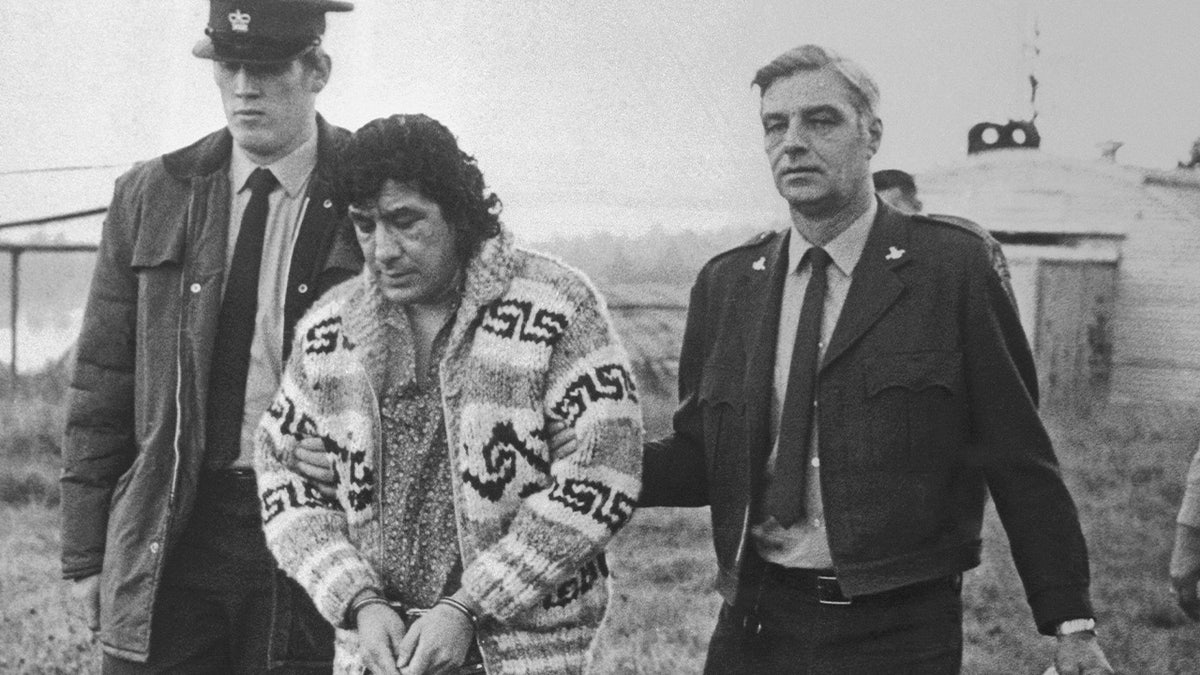
As Leonard Peltier, now 79 years old, enters his fifth decade of incarceration, the time has come to address one of the most pressing cases of injustice in modern American history. President Donald J. Trump, your leadership provides a unique opportunity to heal a long-standing wound in the relationship between the United States and its Indigenous peoples. Granting Leonard Peltier a pardon or clemency would not only affirm the nation’s commitment to justice but also serve as a powerful gesture of reconciliation.

Peltier’s trial and subsequent conviction have been fraught with irregularities and violations of due process. Even those once aligned with the prosecution, including former FBI agents and judges, have voiced concerns over the fairness of his trial. Amnesty International and global human rights leaders have long called his imprisonment a stain on America’s commitment to justice and fairness. Now, after decades of reflection and public outcry, the evidence overwhelmingly suggests that Peltier has been unfairly punished.

At nearly 80 years old, Peltier is in declining health and poses no threat to society. His decades of imprisonment have already surpassed the bounds of what is just and humane. Releasing him would not erase the tragedies of the past, but it would send a message to the world that the United States is a nation capable of self-correction and compassion.
President Trump, your presidency has often championed bold and transformative actions. A pardon for Leonard Peltier would be an extraordinary act of mercy and strength, a decision that future generations could look back on as a moment of justice. It would honor not only Peltier’s legacy but also the enduring struggle of Indigenous peoples for fairness and dignity within the American legal system.
By freeing Leonard Peltier, you can become a part of this transformative chapter in American history. A pardon is not merely an act of forgiveness—it is a profound declaration that justice must always triumph over prejudice and error.
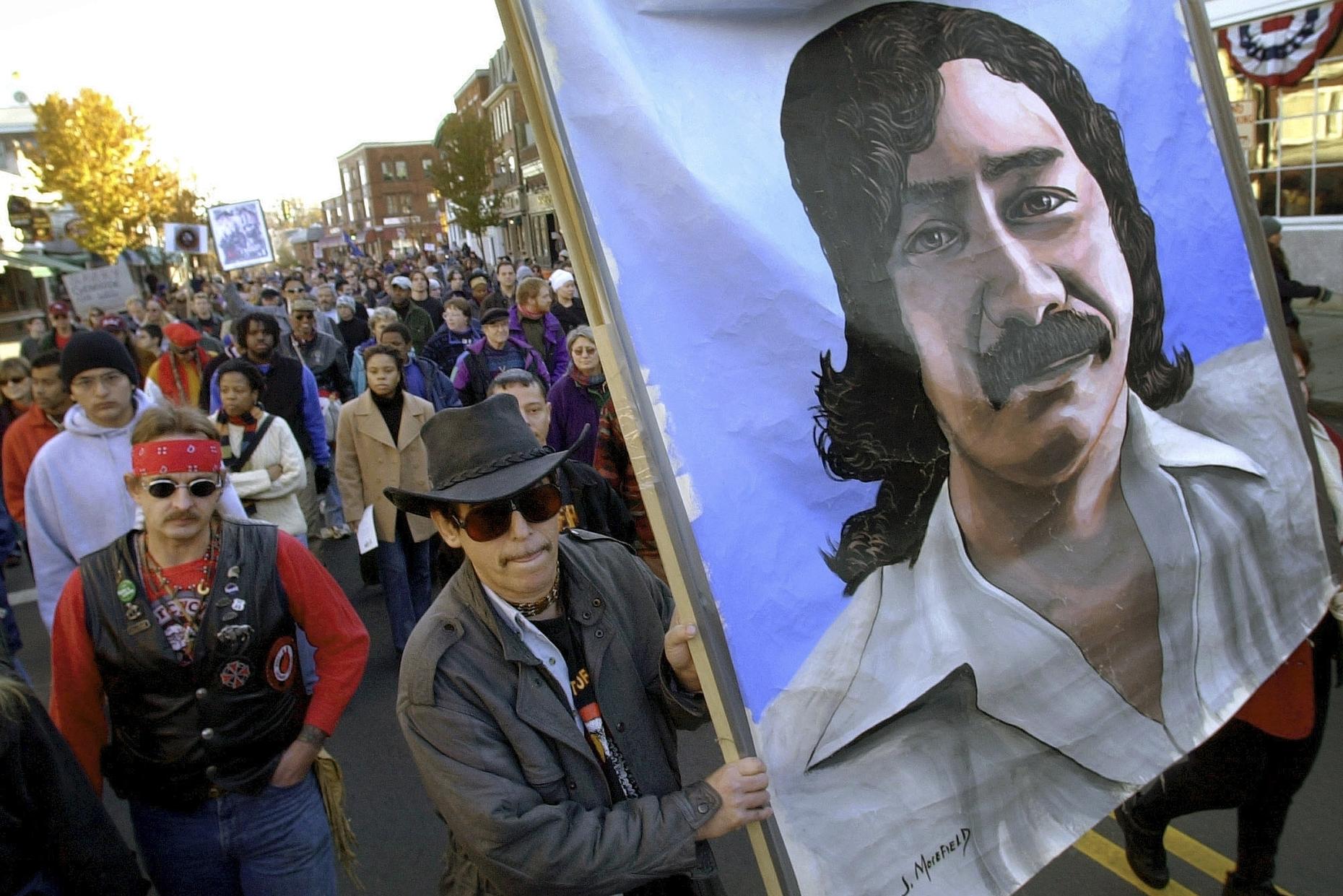
Leonard Peltier: A Life of Activism, Controversy, and Injustice
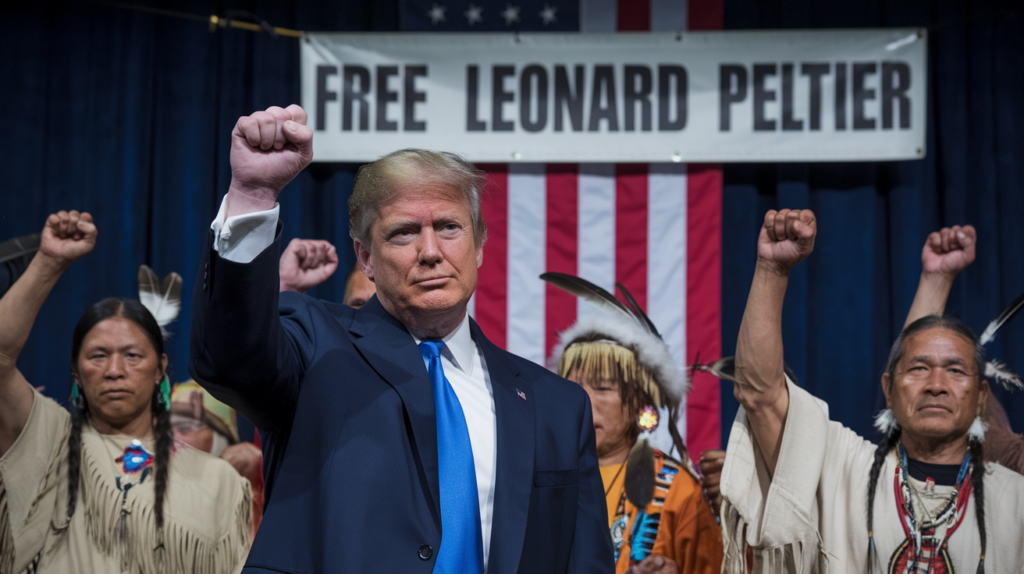
Leonard Peltier, born on September 12, 1944, in Grand Forks, North Dakota, stands as one of the most enduring symbols of Indigenous resistance in the modern era. A member of the Ojibwa and Dakota Sioux tribes, Peltier rose to prominence as an activist for Native American rights but became embroiled in one of the most controversial criminal cases in U.S. history. His conviction in 1977 for the murder of two FBI agents has been a subject of international debate, with many labeling him a political prisoner.
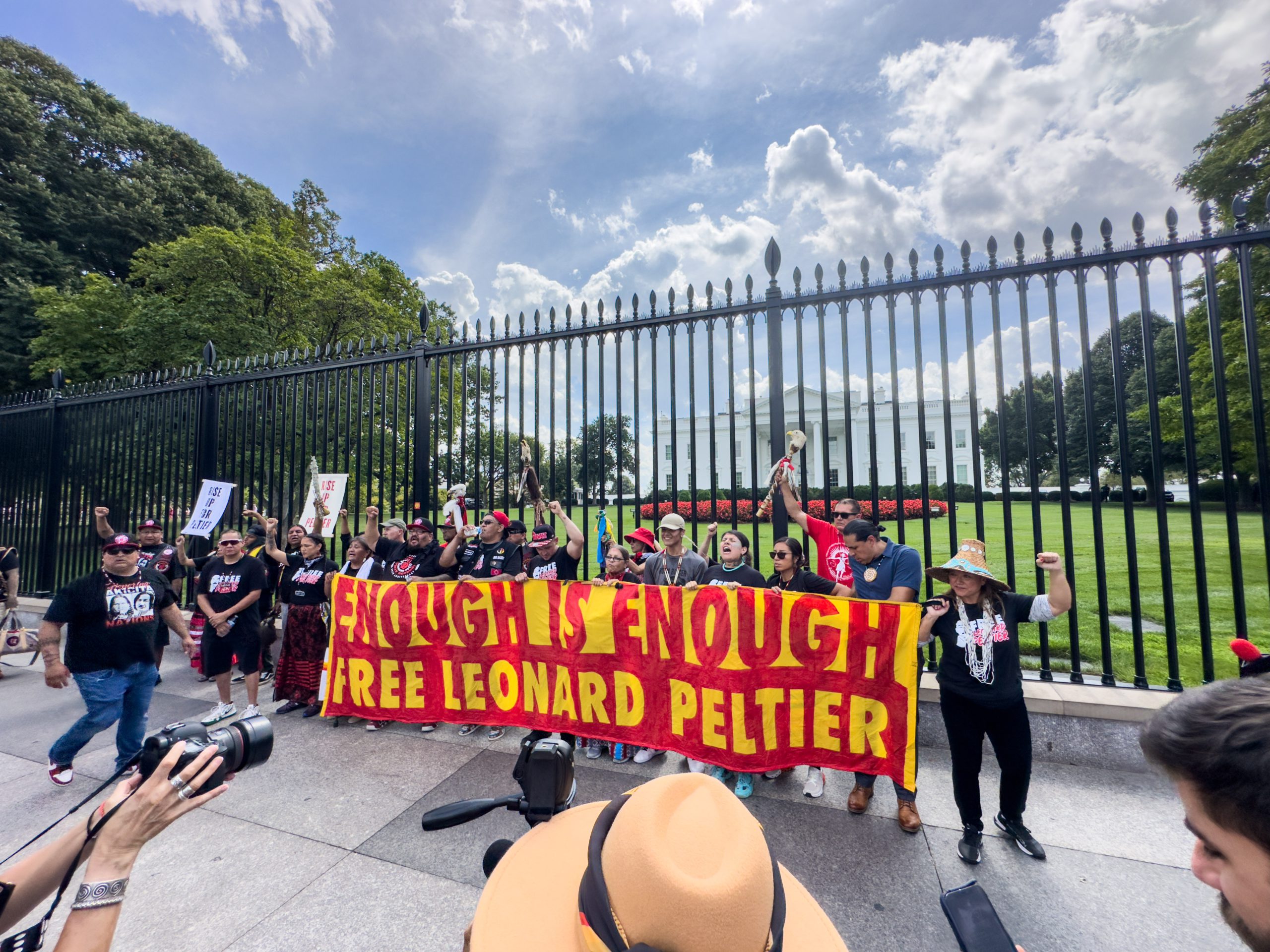
Early Life and Awakening to Activism
The 11th of 13 children, Peltier grew up amid hardship and displacement. After his parents divorced, he was sent to live with his grandparents on the Turtle Mountain Reservation in North Dakota. The harsh realities of life on the reservation and his experience at government-run Indian boarding schools exposed him to the systemic oppression faced by Indigenous peoples.
By the 1960s, Peltier’s activism had crystallized. Moving to Seattle, he not only co-owned an auto body shop but also provided employment opportunities for fellow Native Americans. He helped found a halfway house for Native American ex-offenders, fought for land claims, and worked on alcohol-abuse prevention. These efforts were not only practical but deeply rooted in his commitment to community empowerment.
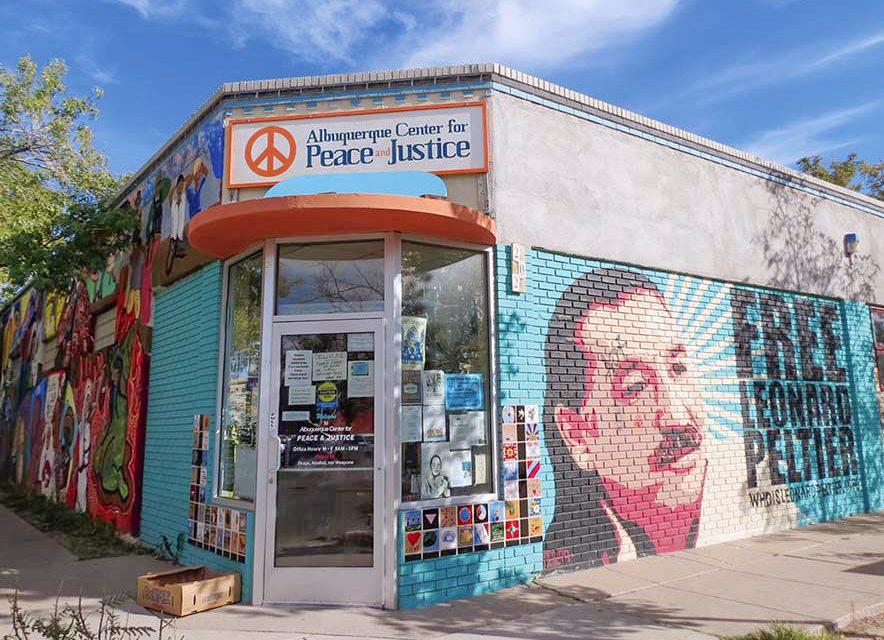
AIM and the Struggle for Sovereignty
In the late 1960s and early 1970s, Peltier became heavily involved with the American Indian Movement (AIM), a group dedicated to addressing injustices against Native Americans. AIM’s actions often challenged government policies, as seen in the 1972 Trail of Broken Treaties, which culminated in the occupation of the Bureau of Indian Affairs (BIA) in Washington, D.C.

Peltier’s involvement deepened when he joined AIM’s efforts on the Pine Ridge Indian Reservation in South Dakota, where violence and political unrest were rampant. The reservation became a focal point of Indigenous resistance, but it also attracted the attention of federal authorities.
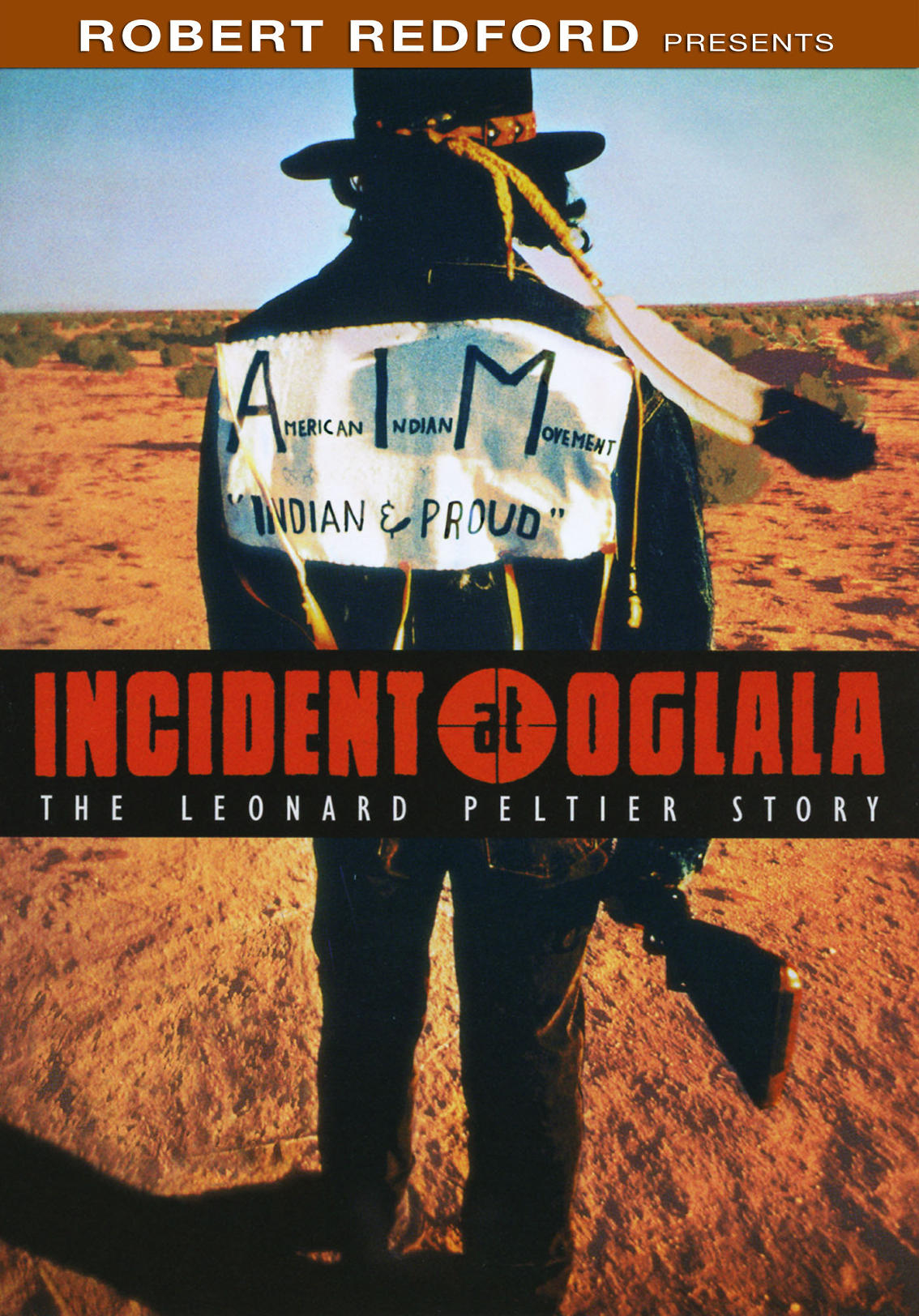
The 1975 Shootout and Conviction
On June 26, 1975, a deadly shootout occurred at the Jumping Bull Ranch on Pine Ridge. Two FBI agents, Jack Coler and Ronald Williams, were killed in an intense exchange of gunfire. The identity of who fired the first shot and who delivered the fatal point-blank executions remains unclear to this day.
Peltier, along with two other AIM members, Darrell Dean Butler and Robert Robideau, was charged with the agents’ murders. Butler and Robideau were acquitted, with the court finding insufficient evidence and citing self-defense. Peltier, however, fled to Canada, fearing he would not receive a fair trial.
After being extradited to the U.S., largely on the dubious testimony of Myrtle Poor Bear, who later admitted to fabricating her statements under FBI coercion, Peltier was convicted in 1977. He received two consecutive life sentences, despite numerous irregularities in the trial, including fabricated evidence, withheld documents, and coerced witnesses.
A Symbol of Resistance
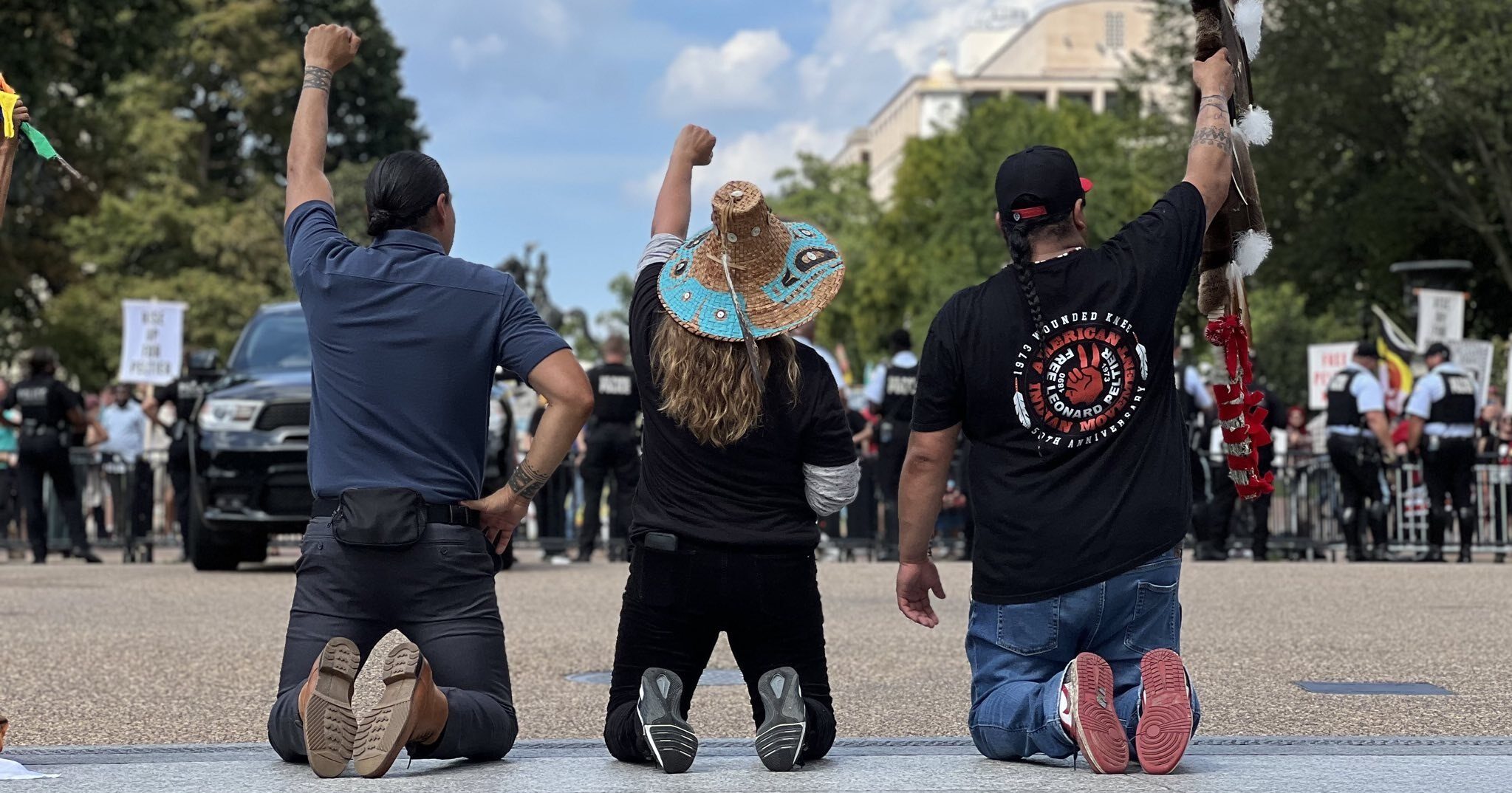
Peltier’s conviction has drawn widespread criticism. Organizations such as Amnesty International and figures like Nelson Mandela, Desmond Tutu, and the Dalai Lama have called for his release, arguing that he has been denied justice. The case has become emblematic of the U.S. government’s historical mistreatment of Indigenous peoples.
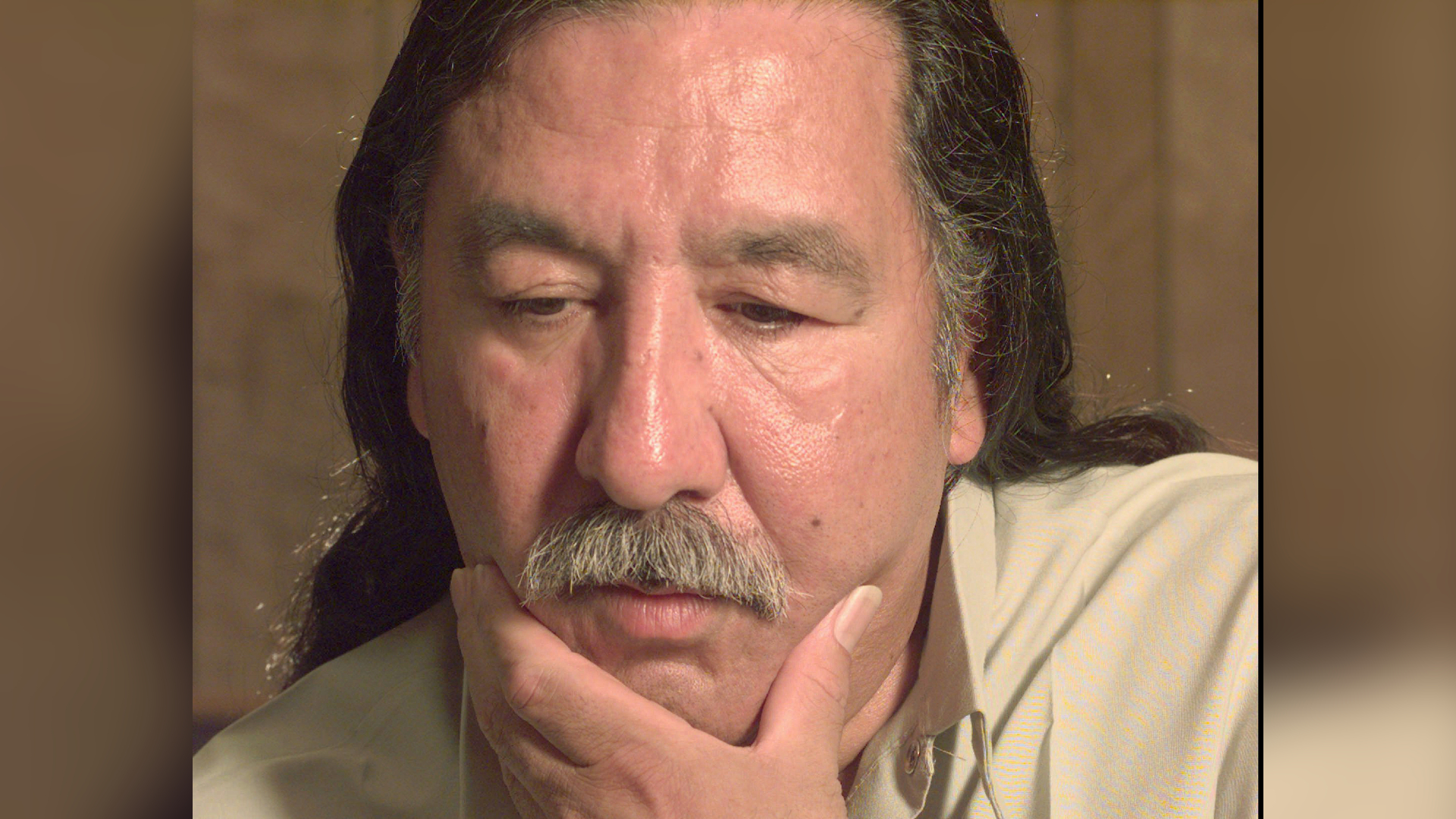
During his incarceration, Peltier has continued to advocate for Indigenous rights. His 1999 memoir, “Prison Writings: My Life Is My Sun Dance,” offers a poignant insight into his journey and resilience.
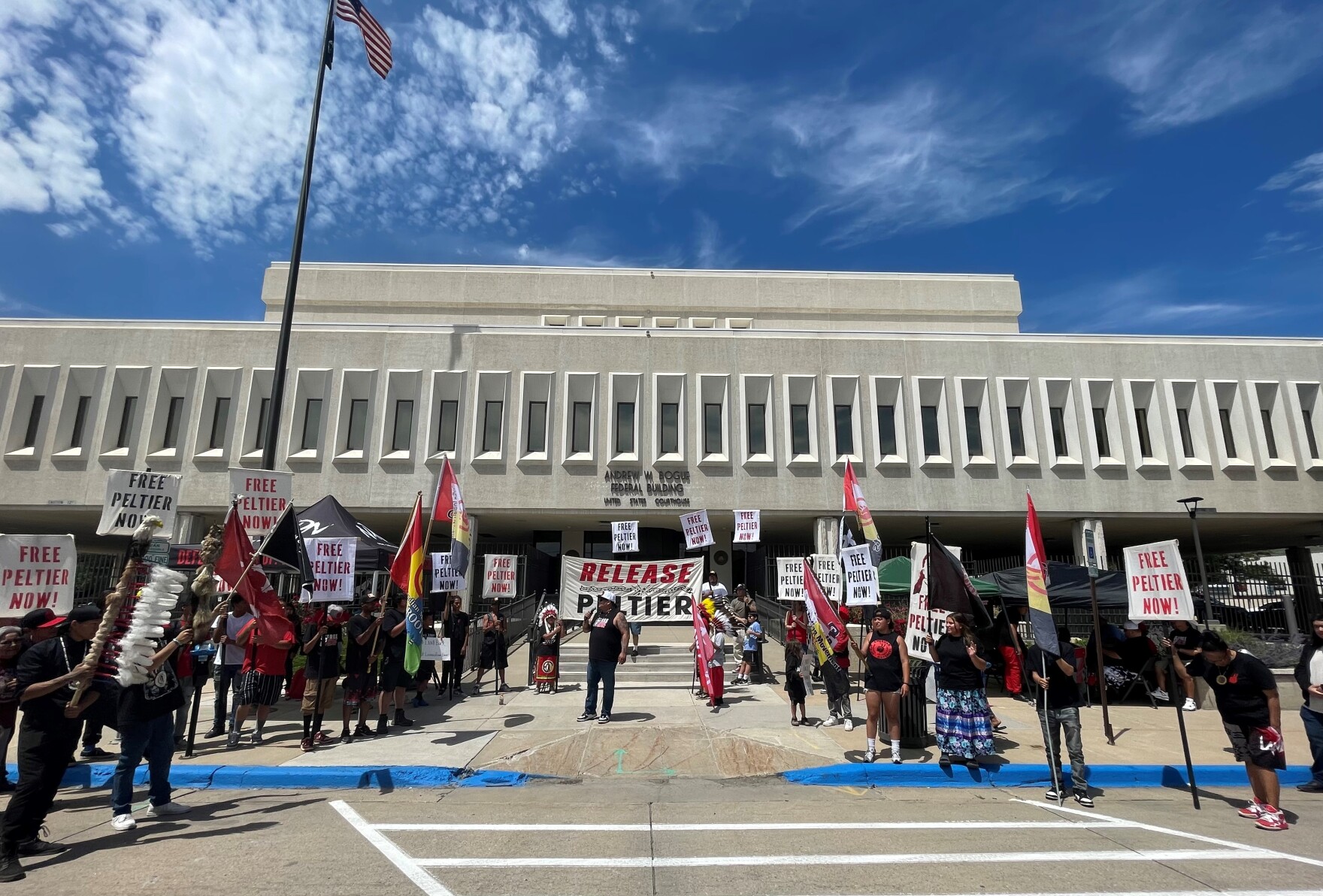
The Fight for Clemency
As of today, Leonard Peltier remains imprisoned, most recently at the Coleman Federal Correctional Complex in Florida. Calls for his release have intensified in recent years, with activists, politicians, and human rights groups urging presidential clemency. His supporters argue that freeing Peltier would be a step toward acknowledging past injustices against Native Americans.
Legacy and Continuing Struggle

Leonard Peltier’s story is not just about one man—it is about the ongoing fight for Indigenous sovereignty and justice. His life embodies the resilience of Native peoples in the face of systemic oppression. Whether viewed as a criminal or a martyr, his legacy continues to inspire movements for equity, accountability, and reconciliation.
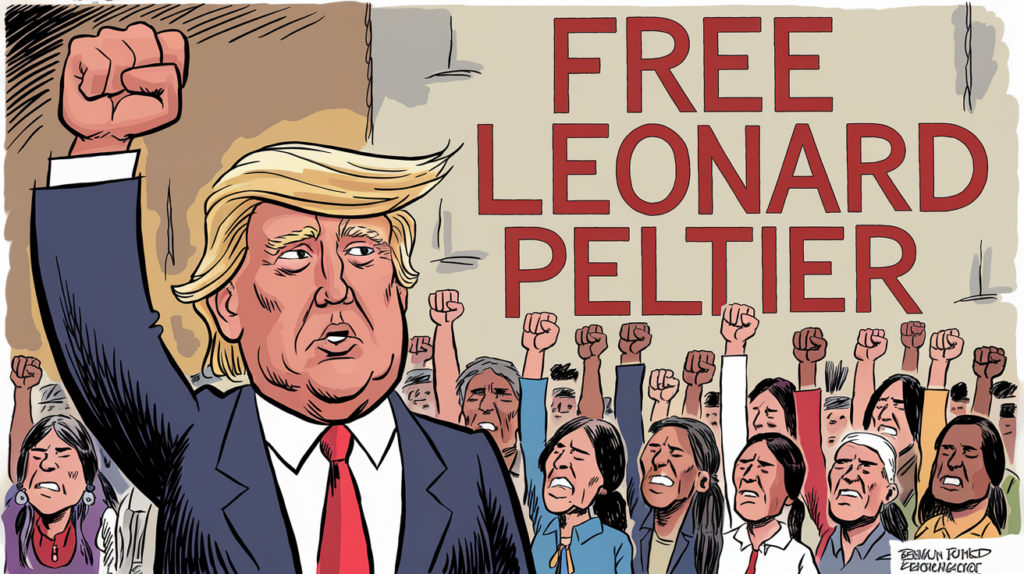
For many, Leonard Peltier is a reminder of the enduring spirit of resistance, even in the face of profound injustice.
Tagged with: AIM, American Indian Movement, Indigenous News, Leonard Peltier, Mr President
